Korean Collagen vs. Japanese Collagen: What Makes These Two So Different From Each Other?
Korean Collagen and Japanese Collagen are two types of collagen products from Wellbeing Nutrition known to be highly effective at slowing down the aging process. But how are they different? Both are marine collagens, so is the difference because of the different countries of origin? Well, answers to these questions are in the blog below. So, read along to know and understand the difference between these two varieties of collagen.
Korean Marine Collagen Peptides
Korean Beauty has become dramatically popular in the last few years, and it is worth all the hype. Wellbeing Nutrition crafted Korean Marine Collagen Peptides, a supplement that brings pure collagen from Korean deep-sea salmon to your house. It benefits your skin, nails, hair, bones, and joints and helps slow down the signs of aging.
Japanese Collagen
This type of collagen product from Wellbeing Nutrition features two supplements that are:
1. Glow Japanese Marine Collagen Peptides
Glow Japanese Marine Collagen Peptides from Wellbeing Nutrition come with wild-caught, pure Japanese marine collagen and several other ingredients such as bromelain, resveratrol, goji berries, glutathione, etc. It's meant to help you improve skin radiance, elasticity, complexion, hydration, and overall skin health.
2. Beauty Japanese Marine Collagen Peptides
Beauty Japanese Marine Collagen Peptides also come with wild-caught, pure Japanese marine collagen and different ingredients such as rosehip, vitamin E, C, acerola cherry, and astaxanthin. These ingredients can help you achieve healthy hair, skin, and nails.
What's the Difference Between the Two?
1. Source
Korean Collagen, or Korean Marine Collagen Peptides, as the name suggests, contains collagen sourced from Korean deep-sea fish. However, Japanese collagen supplements: Beauty and Glow contain collagen sourced from Japanese marine life. Both are equally effective, though.
2. Flavor
The Korean Collagen supplement comes with no flavor at all. It is pure Korean marine collagen, and it doesn’t influence the taste of any drink or food item to which it is added. Japanese collagen supplements like Glow and Beauty come in flavors. The Glow Collagen comes in a refreshing tropical bliss flavor, while Beauty comes in a soothing mango peach flavor.
3. Health Benefits
Both Korean and Japanese Marine collagen supplements offer similar benefits like radiant skin, reduced signs of aging, healthier hair, stronger nails, hydration, and better bone and joint health.
4. Ingredients
Korean Marine Collagen Peptides, Glow Collagen, and Beauty Collagen contain type 1 and type 3 collagen peptides and are the purest form of collagen you’ll find in the market. On the other hand, Japanese Collagen products come with numerous other ingredients along with collagen, known to enhance overall health. Let's learn more about them below:
Ingredients in Glow Japanese Marine Collagen Peptides
It comes with wild-caught marine collagen, along with:
1. SkinAx:
A patented formula that contains grape seed polyphenols, bioactive superoxide dismutase, zinc, & vitamin C. These ingredients are known to restore skin radiance and slow down the aging process.
2. Glutathione:
An antioxidant that's made from glycine, glutamic acid, and the amino acid cysteine. It helps achieve a brighter complexion, reduces minor skin imperfections, lightens your skin, and improves uneven skin.
3. Resveratrol:
It's extracted from Polygonum cuspidatum and exhibits anti-inflammatory properties. Resveratrol is used to deal with skin inflammation and even arthritis.
4. Bromelain:
It comes from pineapples, and helps improve the gut microbiome, and digestion, and prevent gut inflammation.
5. Goji berry:
Goji berries are rich in antioxidants that help promote collagen production and reduce acne and hyperpigmentation.
Ingredients in Beauty Japanese Marine Collagen Peptides
It comes with wild-caught marine collagen, along with:
1. Hyaluronic Acid:
It helps your skin retain moisture, lubricates, and cushions your joints and other tissues.
2. Rosehip:
Rosehip naturally comes with vitamin C, which helps prevent inflammation and fight free radicals.
3. Astaxanthin:
It's a naturally occurring carotenoid that exhibits strong anti-oxidative properties.
4. Acerola:
Acerola cherries are a natural source of vitamin C, which is known to prevent blemishes and acne.
5. Vitamin E:
Vitamin E is an important vitamin extracted from natural resources. It’s a powerful antioxidant and protects your skin.
6. Natural Biotin:
It helps improve the overall keratin structure of your body, providing you with healthy hair, nails, and skin.
Do We Need to Supplement Our Natural Collagen Levels?
The body's production of collagen declines as we age, which can result in wrinkles, fine lines, and other symptoms of aging in the skin. As a result, many individuals feel that taking collagen supplements can help to combat the effects of aging and improve the health and appearance of the skin. Some studies demonstrate that collagen supplements improve skin elasticity and moisture. Furthermore, collagen protein is made up of lengthy chains of amino acids that are difficult to absorb in their entirety. Once in the stomach, it is broken down by enzymes and then rebuilt throughout the body. It is also crucial to remember that using collagen supplements is not a replacement for good skincare and a healthy lifestyle.
How to Choose The Right Collagen Supplement
Consider the following factors while choosing a collagen supplement:
1. Types of collagen:
There are three types of collagen: Type I, Type II, and Type III. Each form of collagen has unique qualities and benefits different parts of the body. Type I and III collagen are excellent for improving skin elasticity, bone strength, and the quality of your hair and nails.
2. The source:
Collagen supplements can be obtained from a variety of sources, including bovine (from cows), marine (from fish), and porcine (from pigs). Marine collagen, however, is considered the best form of collagen because of its high bioavailability.
3. Form of the supplement:
Collagen supplements are available in a range of formats, including powders, liquids, and capsules. Some people enjoy the flavor of powdered collagen, while others may prefer liquids or capsules.
4. Extra components:
Some collagen supplements contain additional ingredients such as vitamin C, which aids in the production of collagen in the body. Others may contain extra nutrients such as vitamin D, hyaluronic acid, or botanicals.
Wrapping Up
By now, you should know how Japanese collagen and Korean collagen products from Wellbeing Nutrition differ. However, what you might not know is that they have some similarities too. They are both effective at slowing the aging process and are completely safe to consume.
So, whether you want healthy hair, nails, skin, joints, or bones, you can rely on the supplements listed above. Just order them, consume them daily, and feel the difference.
References
Treiber, N., Maity, P., Singh, K., Ferchiu, F., Wlaschek, M., & Scharffetter-Kochanek, K. (2012). The role of manganese superoxide dismutase in skin aging. Dermato-endocrinology, 4(3), 232–235. https://doi.org/10.4161/derm.21819
Sonthalia, S., Jha, A. K., Lallas, A., Jain, G., & Jakhar, D. (2018). Glutathione for skin lightening: a regnant myth or evidence-based verity?. Dermatology practical & conceptual, 8(1), 15–21. https://doi.org/10.5826/dpc.0801a04
Pavan, R., Jain, S., Shraddha, & Kumar, A. (2012). Properties and therapeutic application of bromelain: a review. Biotechnology research international, 2012, 976203. https://doi.org/10.1155/2012/976203
Ma, Z. F., Zhang, H., Teh, S. S., Wang, C. W., Zhang, Y., Hayford, F., Wang, L., Ma, T., Dong, Z., Zhang, Y., & Zhu, Y. (2019). Goji Berries as a Potential Natural Antioxidant Medicine: An Insight into Their Molecular Mechanisms of Action. Oxidative medicine and cellular longevity, 2019, 2437397. https://doi.org/10.1155/2019/2437397
Keen, M. A., & Hassan, I. (2016). Vitamin E in dermatology. Indian dermatology online journal, 7(4), 311–315. https://doi.org/10.4103/2229-5178.185494
Telang P. S. (2013). Vitamin C in dermatology. Indian dermatology online journal, 4(2), 143–146. https://doi.org/10.4103/2229-5178.110593






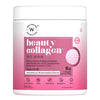
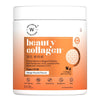
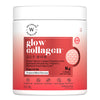
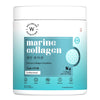






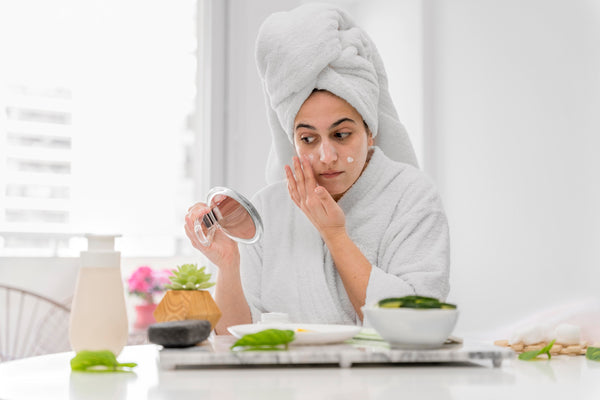
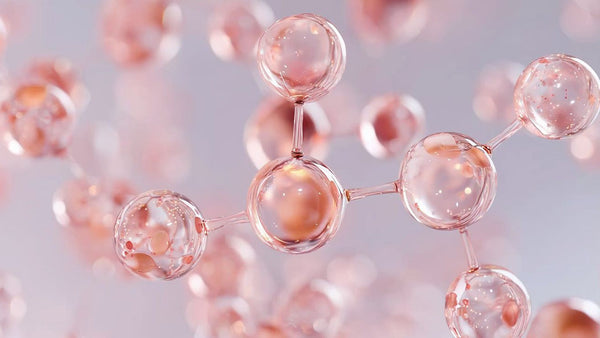

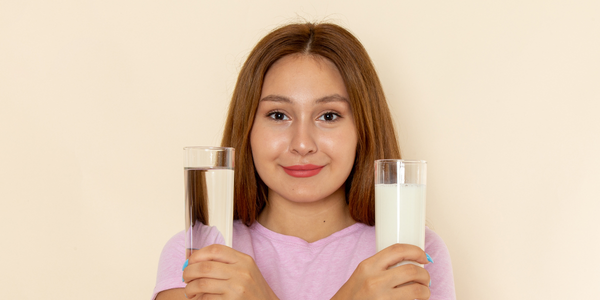
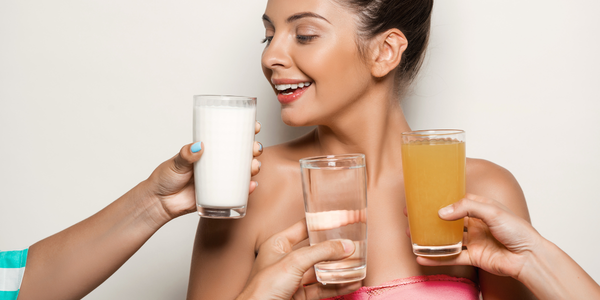
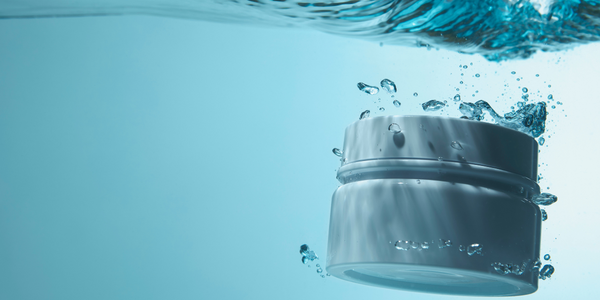

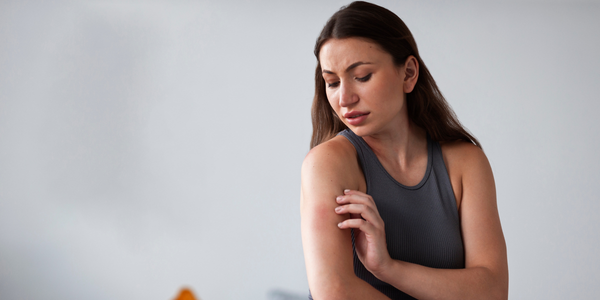






 DOWNLOAD NOW
DOWNLOAD NOW
